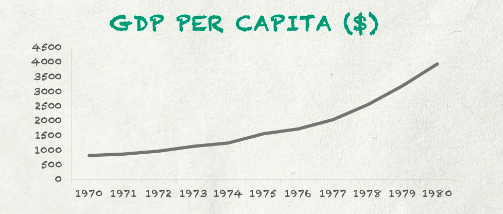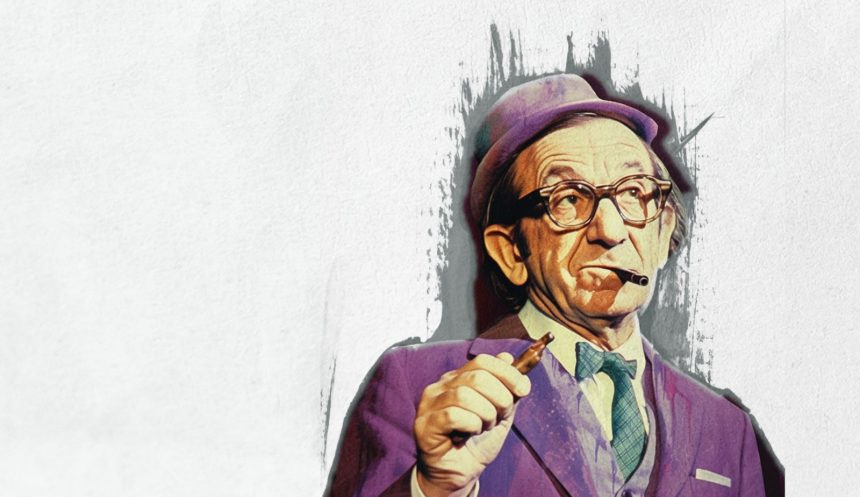Understanding the impact of protectionism on a nation’s economic landscape is key to global economics. This was palpably evident in 1970s Malta under the leadership of Dom Mintoff. As a strategic embodiment of protectionism, the Maltese government introduced dramatic measures to bolster local industries, reducing foreign goods dependency. Among these measures, the most contentious was the chocolate ban.
Malta’s Economic Transformation under Dom Mintoff
Dom Mintoff, the leader of Malta in the 1970s, was a figure renowned for his controversial policies. Aiming to foster local industries, Mintoff introduced a series of measures that led to the prohibition of specific imported goods, one of which was chocolate, an item cherished by the locals.
This measure, while aimed at economic protectionism, brought a wave of changes that went beyond the realm of chocolate aficionados. Economic protectionism is a policy that restricts imports to boost domestic production. Although it holds the potential to develop industries and curb economic dependency, it also restricts consumer choice and can lead to increased prices.

The Implications of Mintoff’s Ban on Imported Chocolate
With the implementation of Mintoff’s policy, only a local brand, ‘Desserta,’ was available in Maltese groceries. This ban on imported chocolates became one of the most contentious policies in Mintoff’s administration.
Not surprisingly, many Maltese refused to accept a world without their favorite chocolates. Smuggling operations flourished as brands like Hersheys and Mars were ferried into the island. According to Daphne Caruana Galizia, a prominent writer of the time, strip searches became common practice on people arriving from Sicily. The Maltese colleagues still expecting chocolates from abroad would be relieved to know the ban has since been lifted.
Decoding Mintoff’s Economic Game Plan
The 1970s marked a significant shift in Malta’s economic landscape. After gaining independence in 1964, Mintoff was determined to reduce the island’s reliance on British military expenditure, leading to the withdrawal of British troops in 1979. The imposition of import controls and quotas was part of a broader strategy to promote local industries by artificially eliminating foreign competition. In this economic game, chocolate became a sacrificial pawn.
Evaluating the Chocolate Ban’s Impact
Balancing consumer freedom and the island’s economy was the crux of Mintoff’s chocolate ban. Though the policy led to industrial growth, improved social welfare, and maintained low public debt levels, whether the ban was necessary and effective is a point of contention.
Economic textbooks offer mixed reviews about trade protectionism, especially for a developing economy. While such policies can protect domestic industries and jobs and increase government revenue, they also hinder competitiveness, innovation, and economic growth. Moreover, in the current landscape of free trade agreements, reintroducing such protectionist measures is not feasible, particularly for European Union members.
The Legacy of Mintoff’s Chocolate Ban
Mintoff’s chocolate ban was a unique economic experiment unlikely to be repeated. Yet, it offers vital lessons from the past, especially when understanding the socio-economic backdrop of the time. The case leaves us contemplating when a government should ever prioritize macroeconomic goals over individual freedom.
In conclusion, the tale of Malta’s chocolate ban provides an intriguing perspective on the impact of economic policies and how they shape a nation’s progress. Studying such historical incidents can provide valuable insights into the potential outcomes and implications of protectionist policies, contributing to a more comprehensive understanding of global economics.
Sources:

